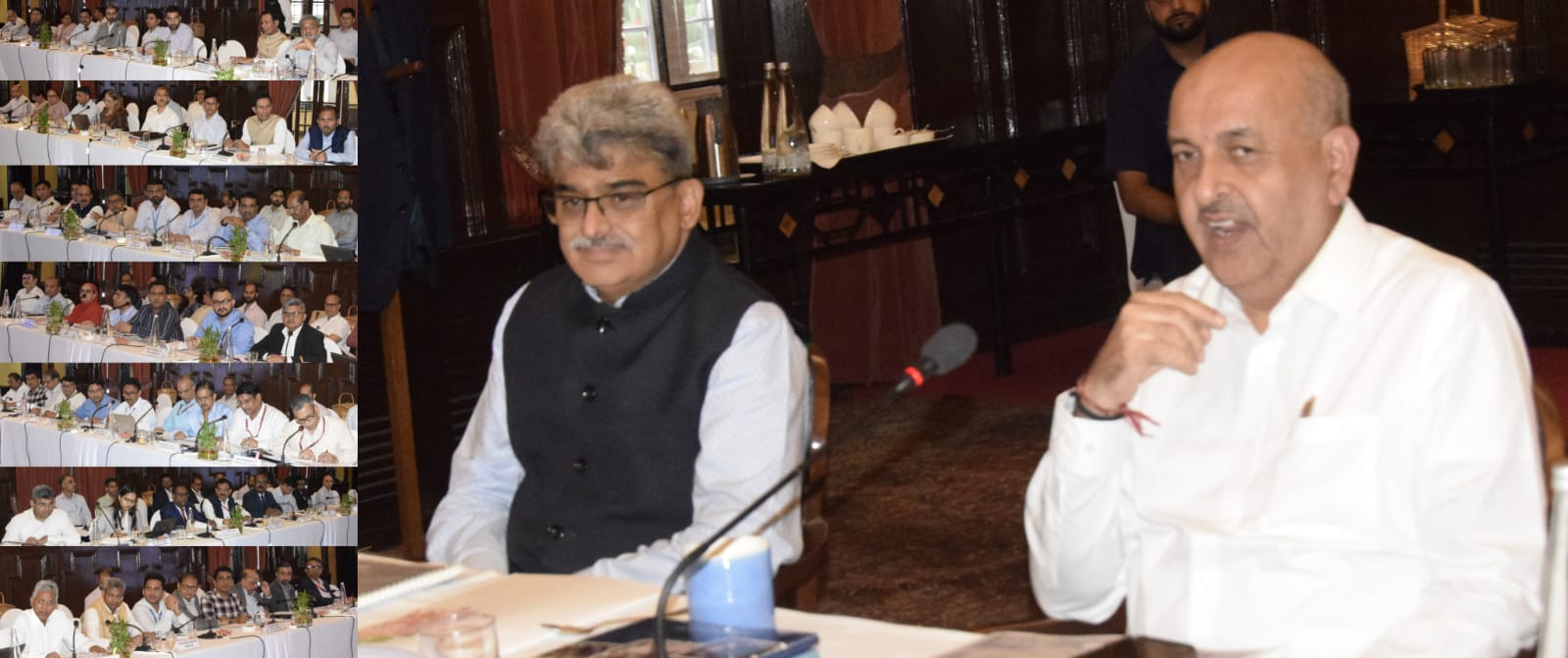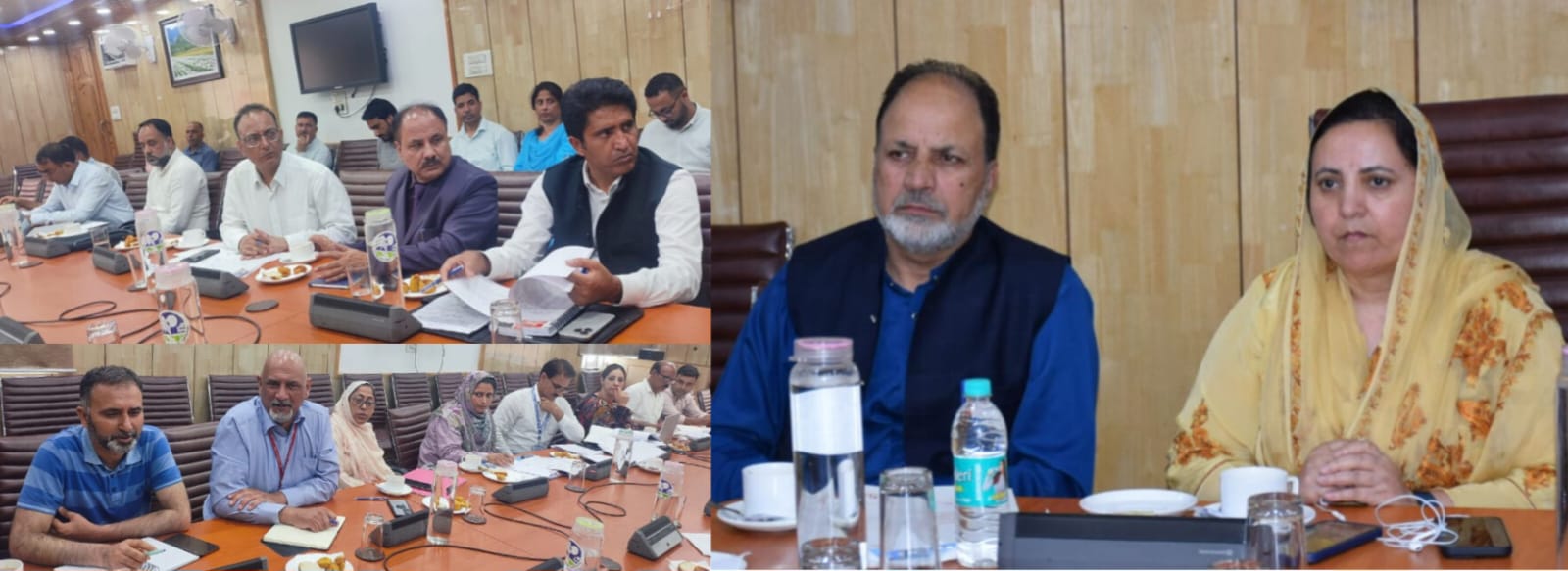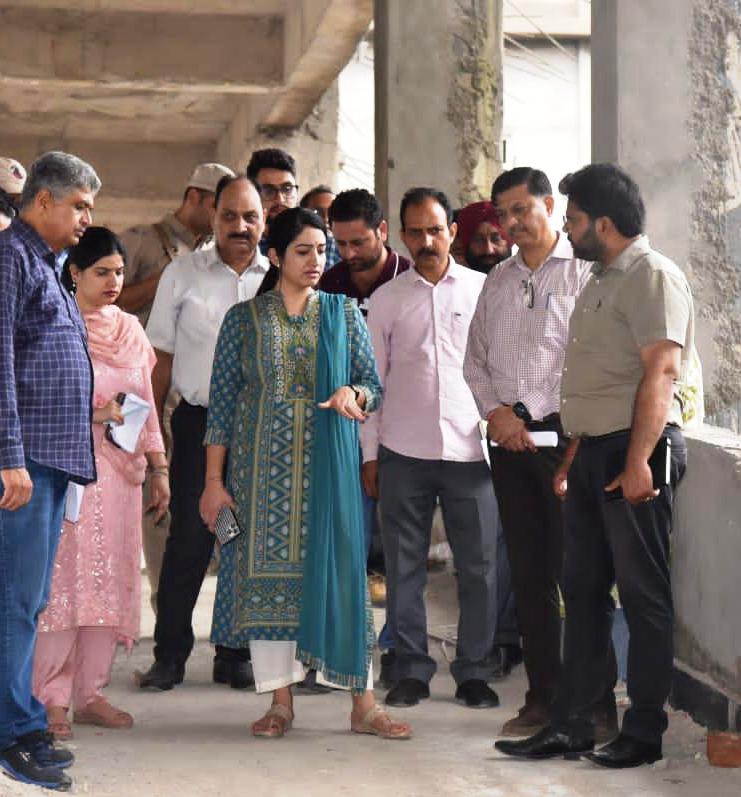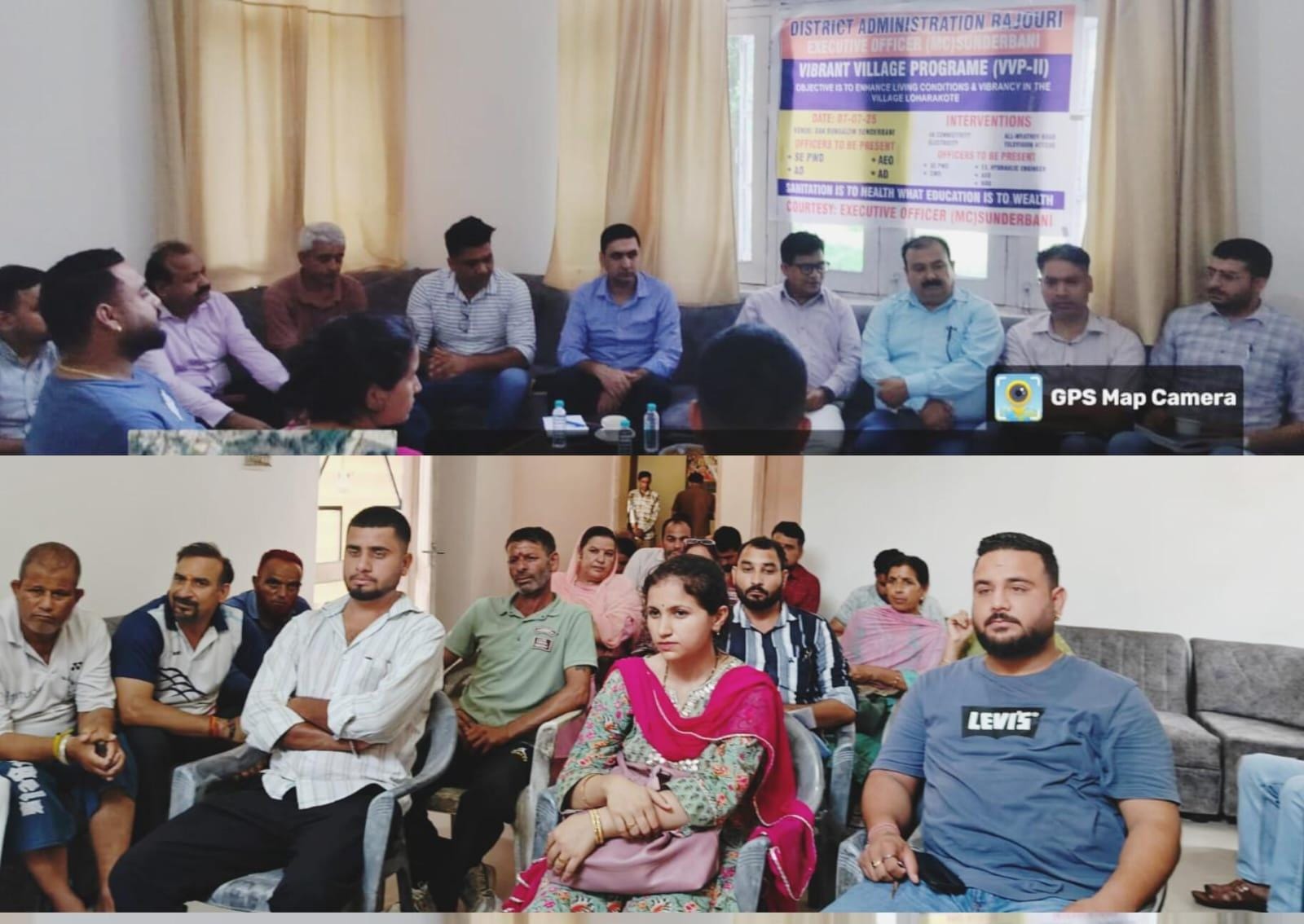New Delhi: Doctors should take a “considered decision” on withdrawal of life support in terminally ill patients on the basis of certain conditions including a documented informed refusal by the patient or their kin, according to draft guidelines by Union Health Ministry.
The guidelines laid out four conditions on passive euthanasia for taking a “considered decision in a patient’s best interests, to stop or discontinue ongoing life support in a terminally ill disease that is no longer likely to benefit the patient or is likely to harm in terms of causing suffering and loss of dignity.”
The conditions are whether the individual has been declared brainstem death, if there is a medical prognostication and considered opinion that the patient’s disease condition is advanced and not likely to benefit from aggressive therapeutic interventions, patient/surrogate documented informed refusal, following prognostic awareness, to continue life support and compliance with procedure prescribed by the Supreme Court.
The ‘Draft Guidelines for Withdrawal of Life Support in Terminally Ill Patients,’ also state that doctors should take a considered decision to not start a life supporting measure in a terminally ill patient that is unlikely to benefit the patient and is likely to lead to suffering and loss of dignity.
In such a case, three conditions — on whether the individual has been declared brainstem death, if there is a medical prognostication and considered opinion that the patient’s disease condition is advanced and not likely to benefit from aggressive therapeutic interventions, patient/surrogate documented informed refusal, following prognostic awareness — has to be taken into account.
The Union ministry has invited feedback and suggestions from the stakeholders on the draft by October 20.
The draft guidelines have not gone down well among the members of the medical fraternity, with the IMA’s national President Dr R V Asokan stating it exposes doctors to legal scrutiny and puts them under stress.
“Such clinical decisions have always been taken in good faith by doctors. The patient’s relatives are explained and given all information, taken into confidence in a given case and decision is taken on merit in every single case. Putting it down in sort of guidelines and also alleging that inappropriate decisions have been taken or they have been prolonged is misunderstanding the situation,” Dr Asokan said.
“First the perception and assumption that unnecessarily machines are used and lives are prolonged is wrong. It exposes the doctors to legal scruity.
“More so what is left of a doctor-patient relationship… trying to define it in four corners of black and white documentation which is legally scrutinised is nothing but exposing the doctors to further stress,” he said.
There are things which should be left to relatives, patients, and doctors based on science and situation, Dr Asokan said.
The Indian Medical Association, Dr Asokan said, will study the document and submit its views seeking a revision of the draft guidelines.
Terminal illness in the draft guidelines has been defined as an irreversible or incurable condition from which death is inevitable in the foreseeable future. Severe traumatic brain injury which shows no recovery after 72 hours or more is also included.
The draft document states that many patients in the ICU are terminally ill, and not expected to benefit from life sustaining treatments (LST) that include (but are not limited to) mechanical ventilation, vasopressors, dialysis, surgical procedures, transfusions, parenteral nutrition or Extracorporeal Membrane Oxygenation.
“In such circumstances, LST are non-beneficial and increase avoidable burdens and suffering to patients and therefore, are considered excessive and inappropriate. Additionally, they increase emotional stress and economic hardship to the family and moral distress to professional caregivers.
“Withdrawal of LST in such patients is regarded as a standard of ICU care worldwide and upheld by several jurisdictions. Such decisions have medical, ethical and legal considerations. It may be considered that the above mentioned also applies at the time of initiating Life support treatments to individuals with,” the draft said.
The draft calls for taking a considered decision not to perform cardiopulmonary resuscitation in the event of anticipated cardiac arrest if there is no realistic possibility of survival or meaningful recovery.
According to it, the legal principles outlined by the Supreme Court state an adult patient capable of taking healthcare decisions may refuse LST even if it results in death.
Further, according to principals, LST may be withheld or withdrawn lawfully under certain conditions from people who no longer retain decision-making capacity, based on the fundamental Right to Autonomy, Privacy and Dignity and that there is an Advance Medical Directives, or AMD, that meets specified requirements is a legally valid document.
AMD is a written declaration made by a person with decision-making capacity documenting how they would like to be medically treated or not treated should they lose capacity.
For a patient without capacity, Foregoing of Life Support proposals should be made by consensus among a group of at least three physicians who form the Primary Medical Board (PMB).
The PMB must explain the illness, the medical treatment available, alternative forms of treatment, and the consequences of remaining treated and untreated to fully inform the surrogate.
A Secondary Medical Board of three physicians with one appointee by the Chief Medical Officer of the district must validate the decision by the PMB.
“Active Euthanasia is the intentional act of killing a terminally ill patient on voluntary request, by the direct intervention of a doctor for the purpose of the good of the patient. It is illegal in India,” the draft document said.




















